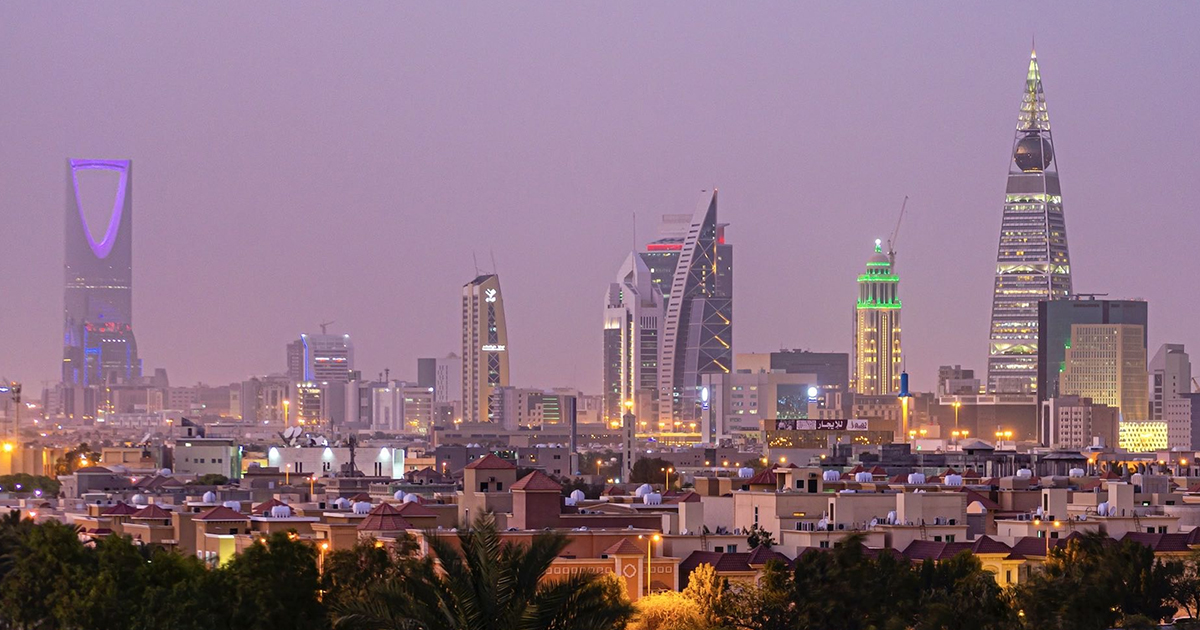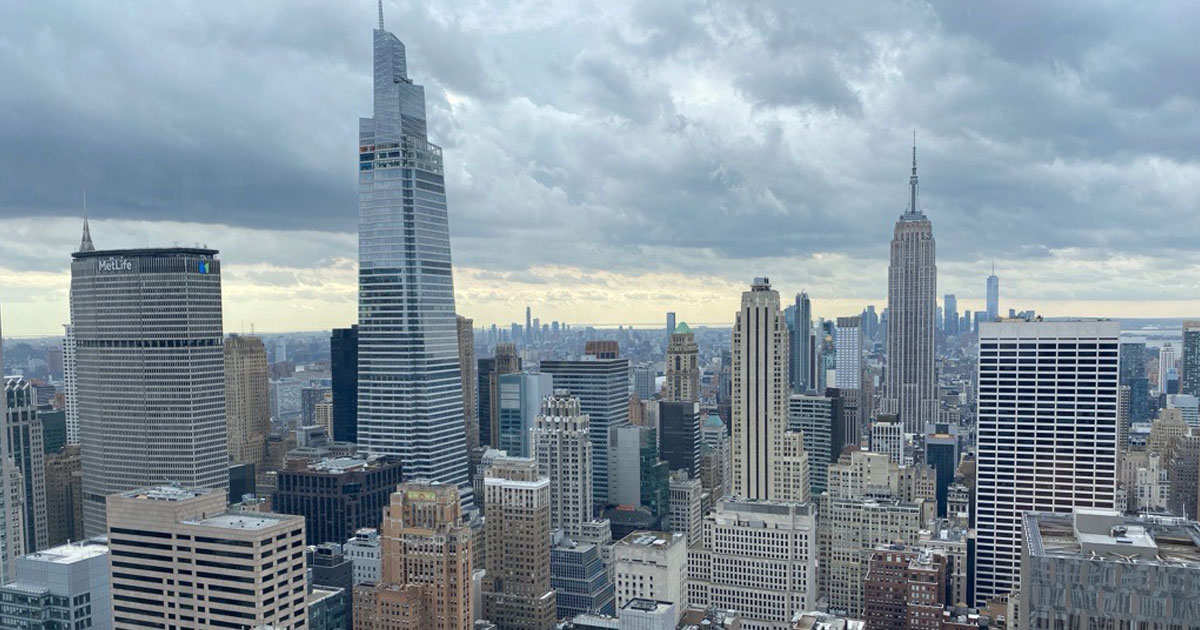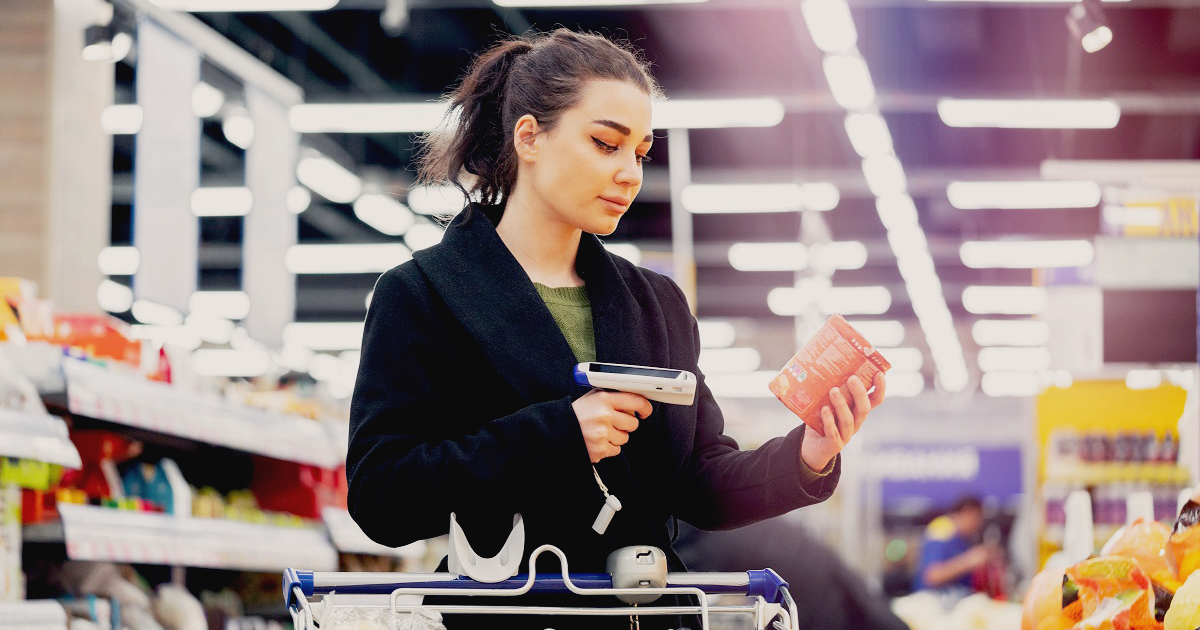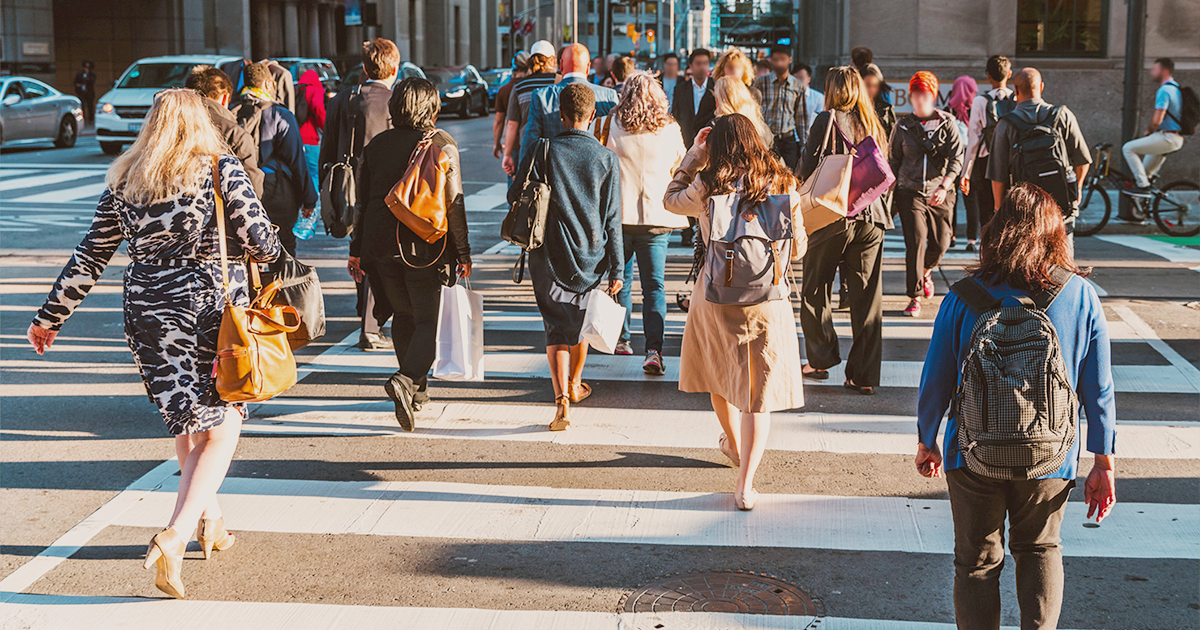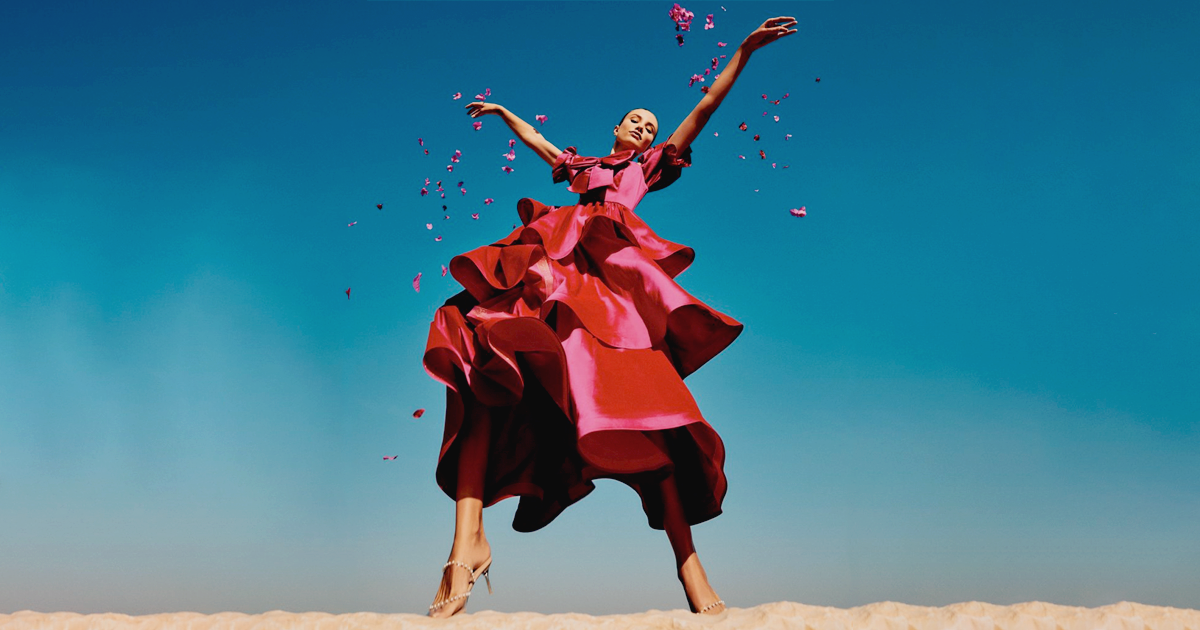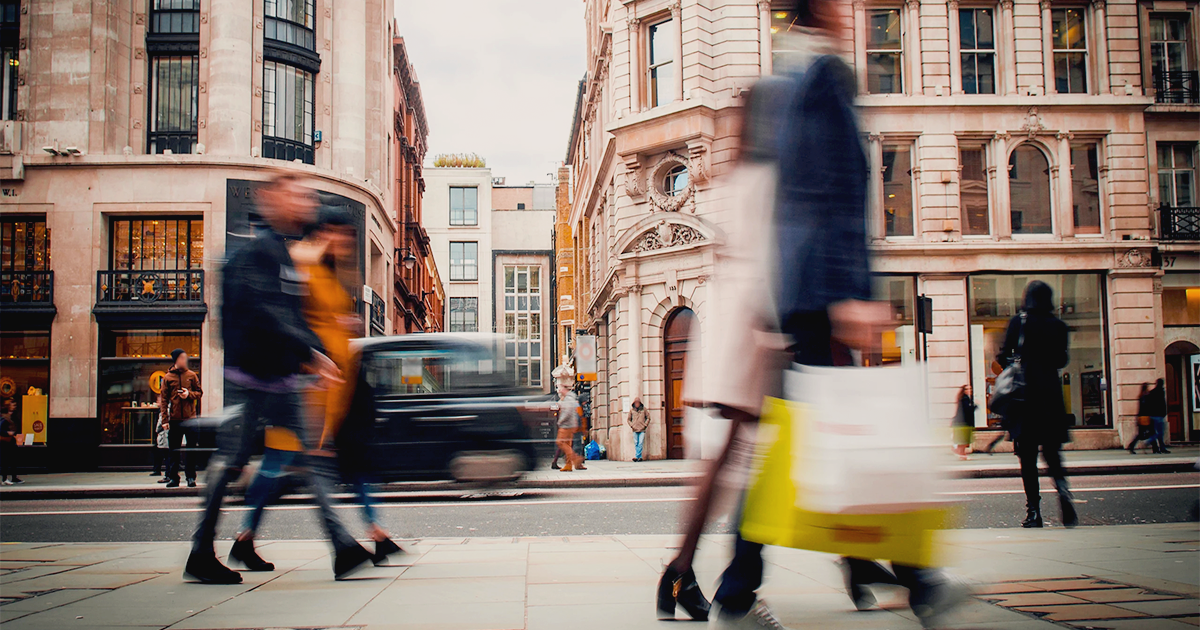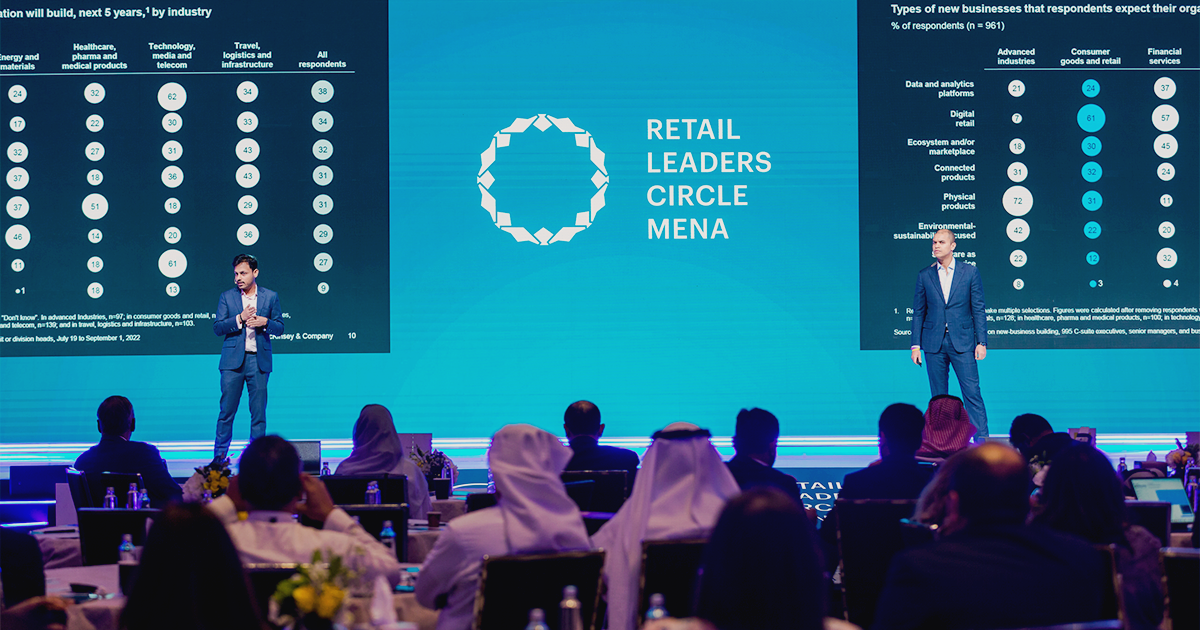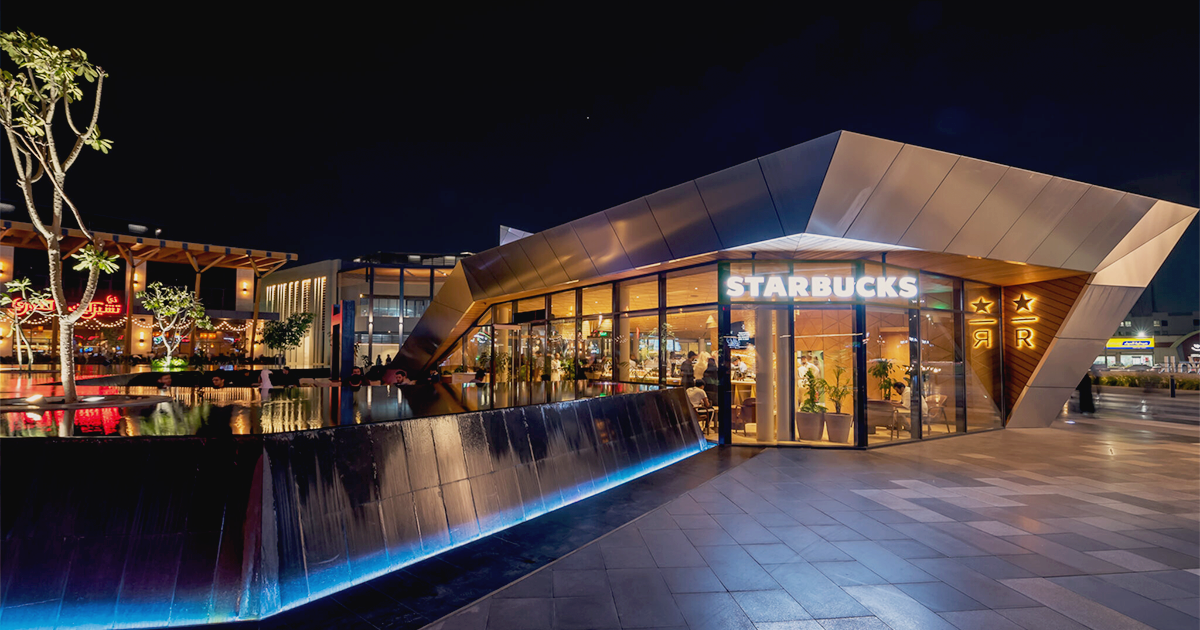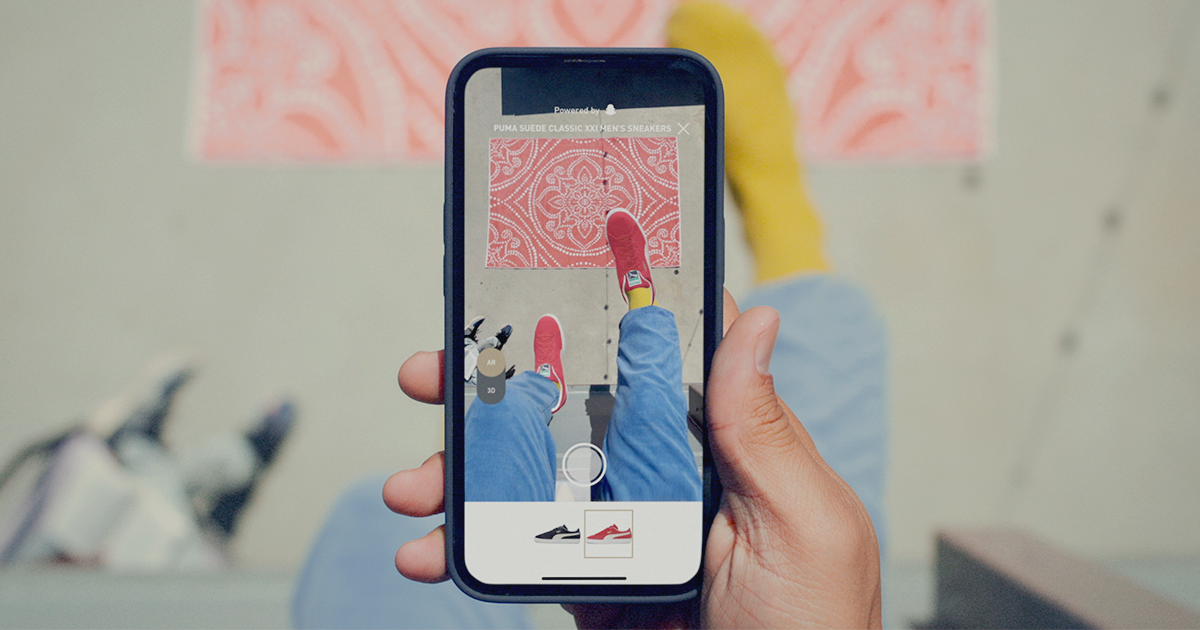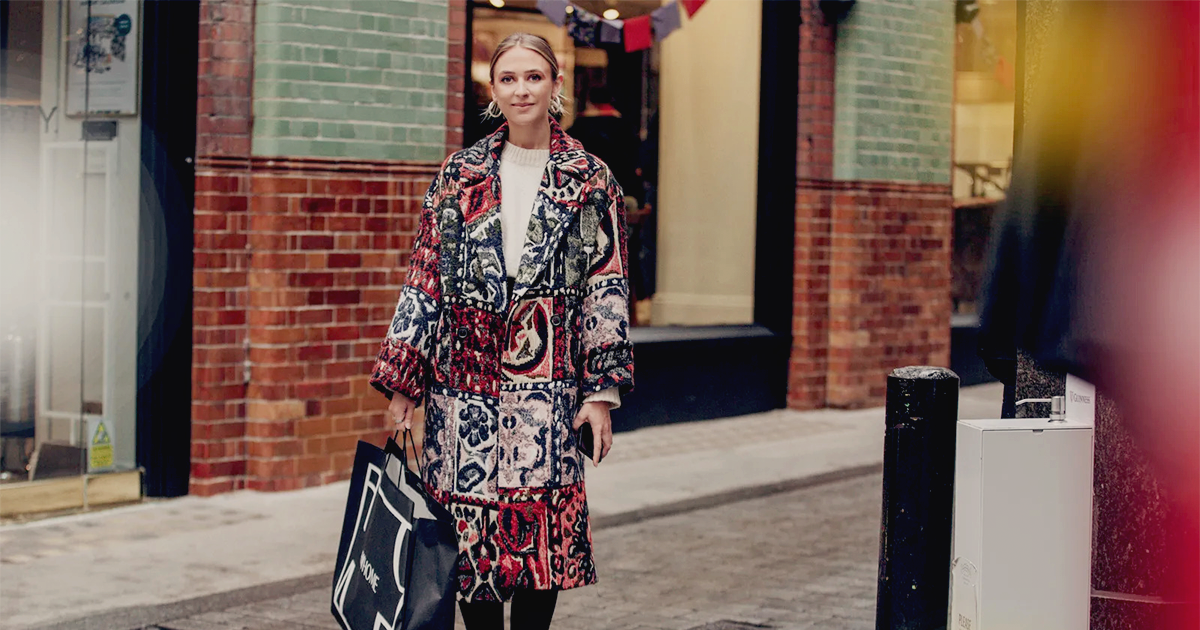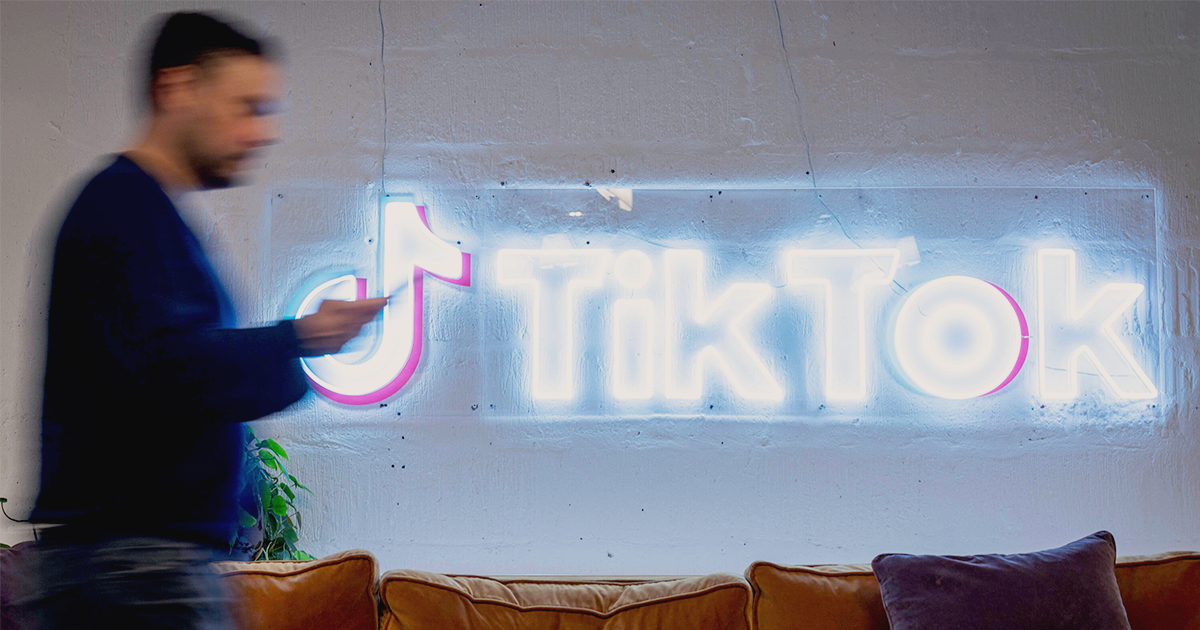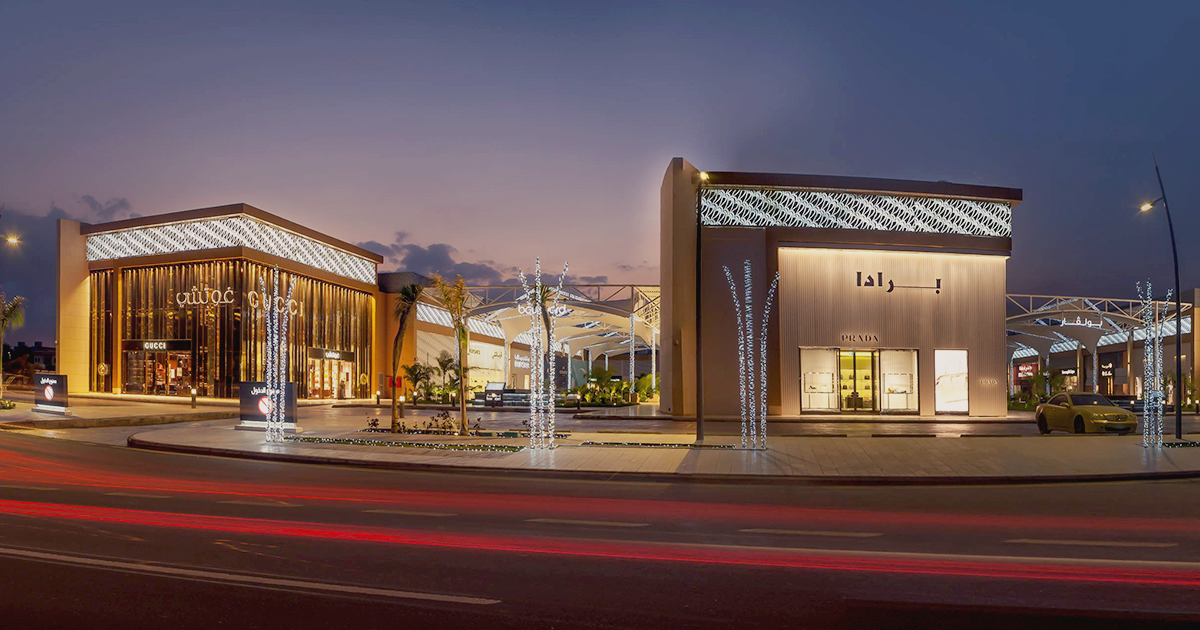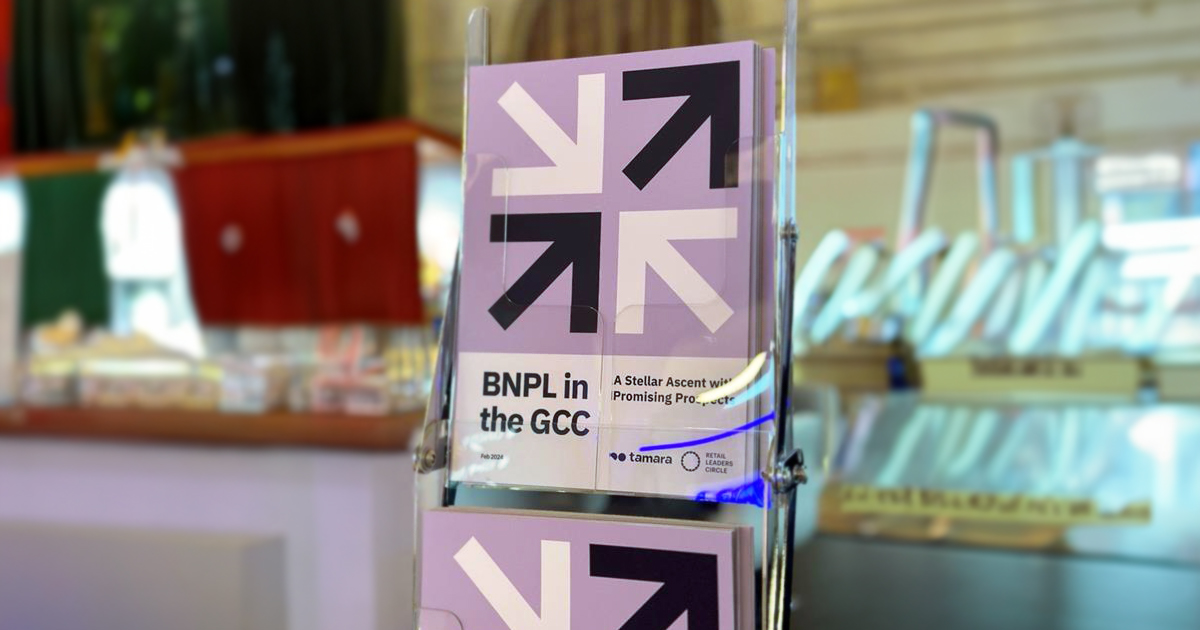
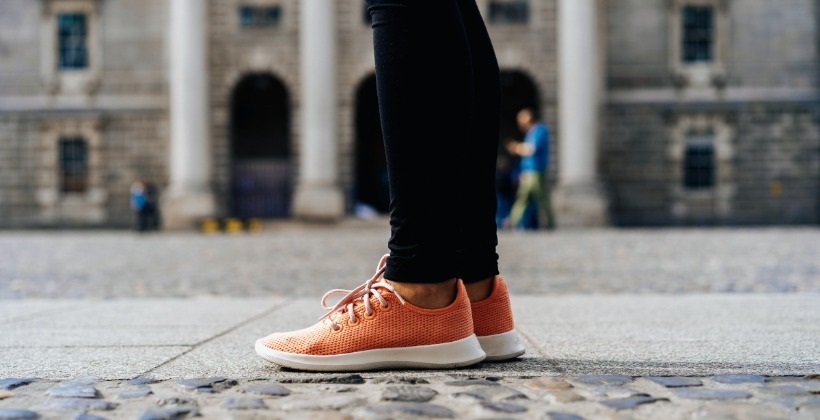
Can you give us a little background information on how you got to where you are as a founder of Allbirds?
Joey Zwillinger: Allbirds is around material innovation based on natural materials. We flow that into footwear and apparel, to make really delightful items that bring to life what beauty, comfort and feel can be when you use sustainable and natural materials in a really smart way. We popped onto the scene in 2016 with a merino wool runner and we’ve had a bunch of different innovations since then.
Can you tell us a bit about the philosophy behind Allbirds? Your mission statement is something like “we make better things in a better way”; what is your strategy specifically on sustainability and climate change? How does zero carbon impact affect what your product is and your design strategy?
JZ: We want to make better products, full stop. They just have to be better. People want to covet them and we want people to covet them because they’re amazing. The better way is sustainability, social governance, a whole bunch of things packed into that, but done in a way that we’re really proud of. If you went into the way we think about materials and how that’s connected to the environment, you would hopefully be very happy with what you saw as a consumer, media, whatever, we are really proud of that. That’s doing things in a better way, and it impacts our everyday decision making in a multitude of ways. We have tried to create and assemble a strategy that is integrally tied between these elements so that it looks, feels and does good. Where these things intersect, that’s where the magic happens.
You have always been a vertical retailer and that is part of this whole plan that you’re playing out. You started as a digitally native vertical brand and now you’ve been opening stores, can you talk about that strategy, why is the vertical part so important and how you merge together with your digital in-store strategy?
JZ: We have about 23 stores globally today. What we saw when we started the business was that 100% of the shoe industry was driven from wholesale and that wholesale channel. Those brands sold on a dot com site but it was always wholesale value chain products, really driven from the wholesale side of the business.
We saw that we could unlock a couple things. First and foremost, some of the materials that we’re using are quite expensive; take the merino wool. We have packed innovation into a shoe that we offer in the US for $95. We have a much higher cost to make our product and we take some of what would normally be reserved for a wholesaler partner like a department store or whatnot and put that into the cost of our shoes.
What that means is that the consumer then gets all that value, the retailer doesn’t, so we think we give a much better value to consumers, that’s number one. Number two for us what I was saying about our natural innovation; it is hard. What we do is we’re convincing companies to make new molecules with new substances. We went to Brazil and created a foam for the soles of the shoes made of sugarcane waste streams, it took millions of dollars of investment. By controlling the value chain and vertical retail, really marry our kind of innovation strategy and our core proposition to customers with our business strategy of how we sell. Lastly, the experience is fantastic when you come into our stores or on our digital platforms.
 Understanding sustainability will lead consumers to make better decisions
Understanding sustainability will lead consumers to make better decisions 
How do you differentiate your product to the end-user to make them want to come in and buy your shoes? Sustainability is obviously an important compelling value proposition but I imagine you have to also be clever in packaging a pair of shoes too; can talk about that kind of positioning and differentiation.
JZ: It’s changed over time, interestingly. I found a stat recently, the term “sustainable fashion” on Google searches has increased 600% in the last 5 years since we started Allbirds, and it shows you where the consumer has migrated to. If you’d asked me 5 years ago do customers care about sustainability when they’re purchasing a product I would have said no, you simply have to make great products. It’s nice that they’re also sustainable but we got to make great products; people buy great products not sustainable ones. Now what I say is truly great products are sustainable and there is a changing and evolving perception amongst consumers, that that’s the case. Back to that statistic, you see that people are trending in that direction with more people gravitating to that concept. Brands aren’t dumb, they’re seeing this, so you get a ton of brands greenwashing and trying to grab onto that as a trend and do the minimum that they need to do to look plausible from a marketing perspective, in order to convince someone that they are sustainable.
Brands can use that term in any way they want but sustainability can mean absolutely everything and nothing. What do we do? We actually look at the carbon lifecycle emissions of every single product, everything that we used to make the product with output from a pollution perspective. We will put a number on that down to the gram of carbon equivalent emissions that we make in the process of making and selling and have our consumer use, and even dispose of that product, we’ll count that and we will put it on the product, we will label it and that forward labeling of what the carbon footprint is, is a start in a long journey to educate consumers on how to actually think about sustainability, like calories on the back of a food label. You can understand that if you have a higher number of calories, you’re going to have to do a little bit of extra work to burn that off. That understanding will lead consumers to make better decisions and will help companies that are doing it in an authentically smart way stand out from the ones that are greenwashing. That is a synopsis of how we think about sustainability, marketing, and a whole bunch of other things.
Let’s talk a little bit about COVID and what you’ve seen during this past year, maybe what you’ve seen around the world as you’re a global company now.
JZ: Given the suffering and negative things obviously happening from this, it is great to see and some positive things; it’s been such an interesting time to lead a retail business. I mean, what a fascinating crisis to have to learn about, be dynamic and lead a company. I will say that the on the positive side, there has been this new understanding of what global collective action can do and if you think about an intractable problem like climate change, it’s the same kind of coordinated global action that’s going to be required to bring this problem to its knees. That’s very encouraging and I think we once people got over the initial shock, they will gravitate towards more sustainable solutions.
The interview was part of 7th RLC MENA Virtual Summit’s agenda. Joey Zwillinger was interviewed by Barbara Khan, Patty and Jay H Baker Professor of Marketing, The Wharton School.

